There’s something inherently fascinating about wealth, especially when comparing today’s billionaires with historical figures whose fortunes defy comprehension. While Jeff Bezos and Elon Musk often headline discussions of modern riches, the magnates of yesteryear amassed wealth so staggering that it renders today’s billionaires relatively modest by comparison.
1. Mansa Musa
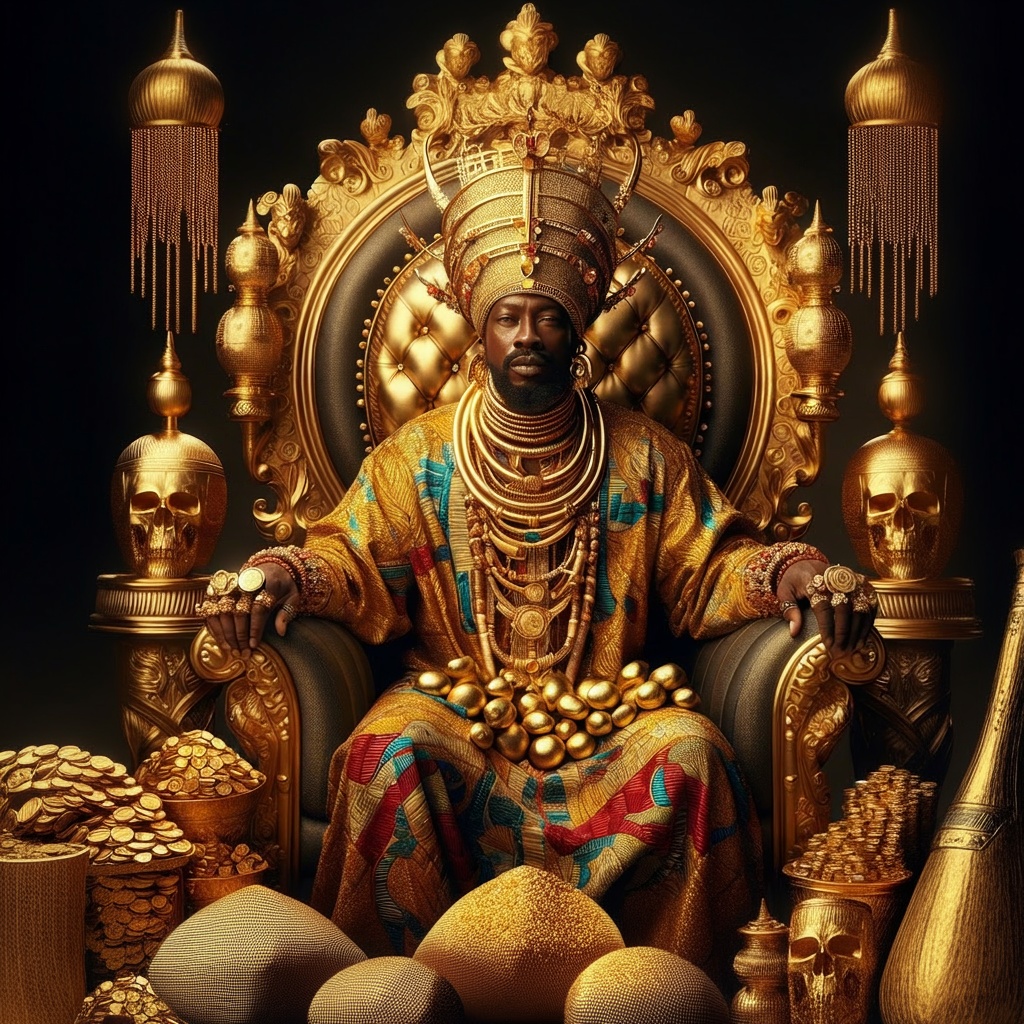
Imagine possessing so much gold that your generosity destabilizes an entire region’s economy. This was precisely Mansa Musa’s reality as the ruler of the Mali Empire in the 14th century. Musa’s wealth stemmed from his control over West Africa’s abundant gold resources, which he generously distributed during his legendary pilgrimage to Mecca. His influence ensured that Mali became a renowned center for trade, culture, and education, a legacy still acknowledged today.
According to historians, Mansa Musa’s fortune is often described as incalculable, a testament to his unparalleled wealth. The University of California, Los Angeles highlights how Musa’s distribution of gold in cities like Cairo led to inflation, demonstrating the unintended consequences of his largesse. His empire’s prosperity made him not just a figure of immense wealth, but also a catalyst for cultural and intellectual exchange. Today, Musa’s story reminds us that wealth, while powerful, comes with responsibilities that can shape nations.
2. Augustus Caesar
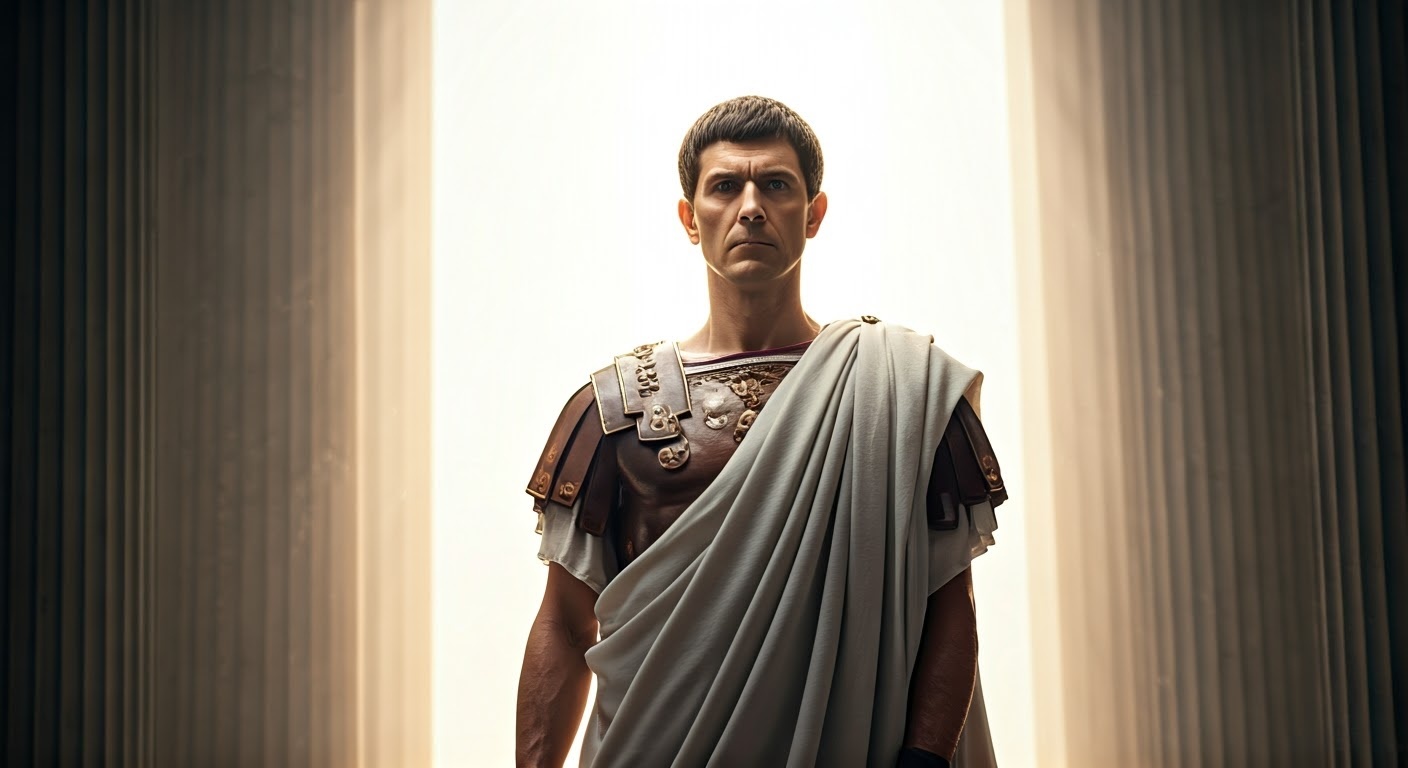
Although you might think of emperors as political figures, Augustus Caesar was an economic powerhouse of his time. As the first emperor of Rome, Augustus controlled assets equivalent to a quarter of the world’s GDP at the time. Much of his wealth came from Egypt, seized after defeating Cleopatra and Mark Antony, turning its resources into personal income. Augustus’s reign ushered in the Pax Romana, a period of peace and prosperity that bolstered the Roman economy.
His immense wealth wasn’t just for show; it was a tool for empire-building and consolidation of power. Augustus used his fortune to fund massive infrastructure projects, like roads and aqueducts, enhancing trade and communication across the empire. He also invested in public services such as fire departments and police forces, laying the groundwork for modern urban governance. Under his rule, Rome was transformed into a city of marble, his economic legacy enduring long after his death.
3. Akbar the Great
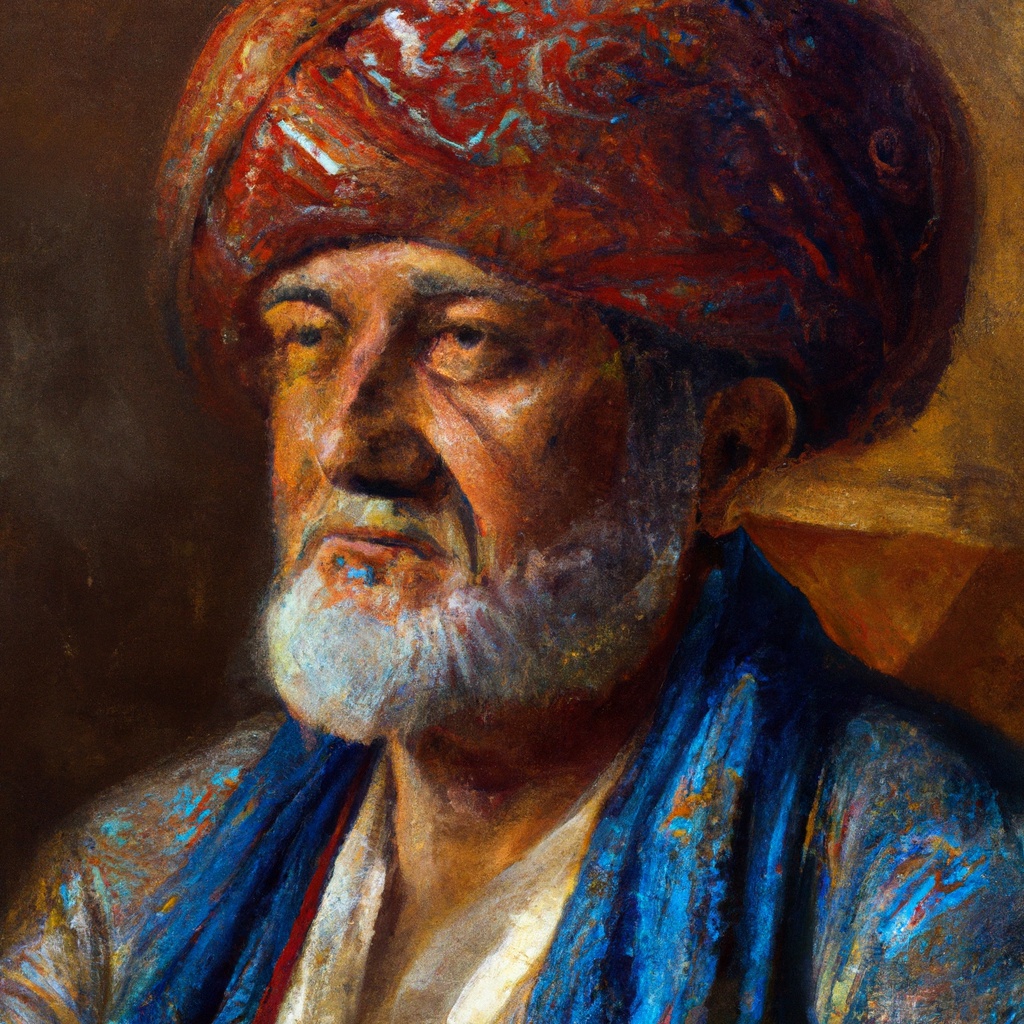
Envision a ruler whose wealth flowed as much from diplomacy and culture as from conquest. Akbar the Great, the third Mughal Emperor, was known not only for his military exploits but also for his ability to cultivate a prosperous and multicultural empire. His wealth was vast, fueled by control over the opulent riches of the Indian subcontinent, including its prolific agriculture and elaborate trade networks. Akbar’s rule is marked by a flourishing of arts, architecture, and trade, symbolized by grand projects such as the city of Fatehpur Sikri.
The New York Times has noted Akbar’s ability to integrate diverse cultures and religions as a key component of his long-lasting reign. His administration implemented fair tax systems and promoted trade, enhancing the GDP of his empire significantly. Akbar’s patronage of art and culture fostered a unique blend of Islamic and Hindu traditions, enriching the cultural fabric of India. His legacy is a testament to how wealth can be leveraged for both conquest and cultural enrichment.
4. Emperor Shenzong of Song

In the bustling markets of the Song Dynasty, Emperor Shenzong’s treasury swelled with silver and riches from international trade. By the 11th century, China was a hub of innovation, boasting impressive advancements in technology, agriculture, and commerce. Shenzong’s empire benefitted greatly from these developments, and his policy reforms expanded the economy further. His reign saw the widespread use of paper money, a revolutionary economic advancement.
Shenzong’s wealth wasn’t just numerical; it enabled social and economic reforms that improved the lives of many. He invested heavily in infrastructure, funding the construction of roads, bridges, and public buildings. The Song Dynasty is often credited with significant cultural and scientific achievements, including advancements in printing and gunpowder. Shenzong’s reign exemplifies how strategic investments and innovations can expand an empire’s wealth and influence.
5. John D. Rockefeller
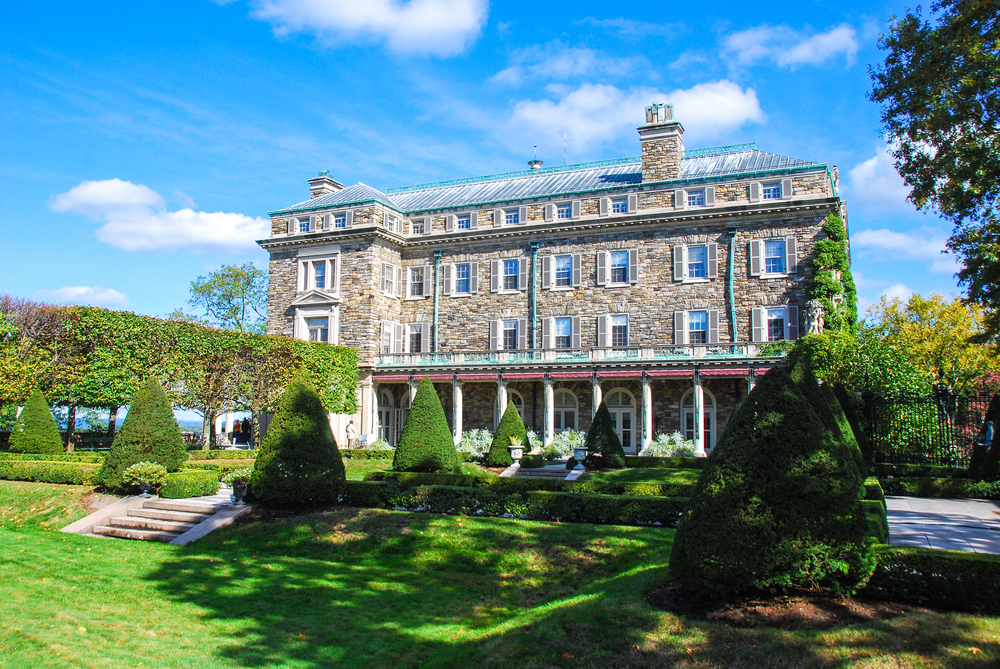
Fast forward to the industrial age, and you find John D. Rockefeller, whose name is synonymous with American capitalism. As the founder of Standard Oil, Rockefeller revolutionized the petroleum industry and transformed how business was conducted in the U.S. His wealth, once adjusted for inflation, is estimated to be around $400 billion, securing his place as one of the richest people in modern history. Rockefeller’s business strategies, including monopolistic practices, set the standard for corporate America.
The History Channel details Rockefeller’s philanthropic efforts, highlighting how he donated over $500 million during his lifetime. His legacy includes the establishment of notable institutions such as the University of Chicago and Rockefeller University. Despite criticisms of his business ethics, his philanthropic contributions have had a lasting impact on education and scientific research. Rockefeller’s story is a complex tale of wealth, power, and philanthropy, reflecting the multifaceted nature of his influence.
6. Andrew Carnegie
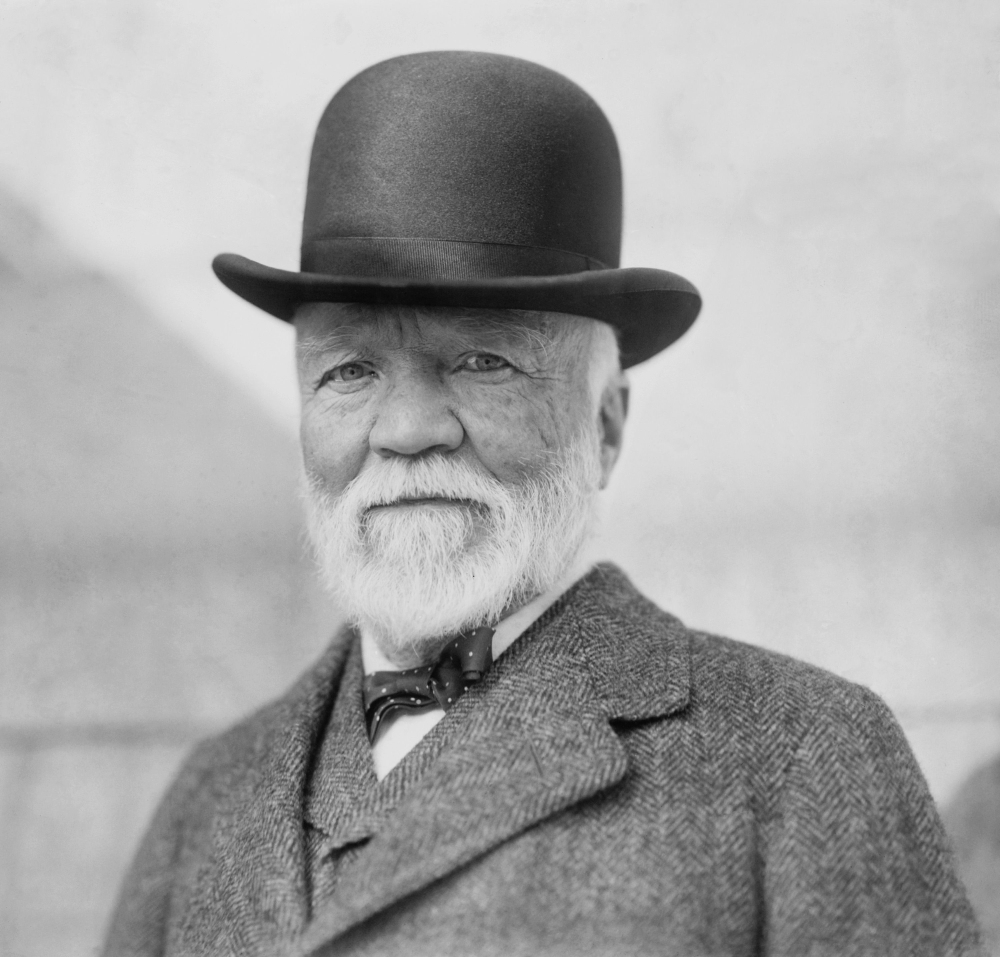
Andrew Carnegie’s story is a quintessential tale of rags-to-riches, showcasing the potential of the American Dream. Born into poverty in Scotland, Carnegie emigrated to the U.S., where he amassed a fortune in the steel industry. His company, Carnegie Steel, dominated the American steel market and was later sold for $480 million in 1901—an astronomical sum at the time. Known for his belief in the “Gospel of Wealth,” Carnegie focused on giving back, stating that the rich have a moral obligation to distribute their wealth.
Carnegie’s philanthropic legacy is as towering as his industrial achievements. He funded the creation of over 2,500 libraries worldwide, believing that access to knowledge was a fundamental right. The Carnegie Foundation and Carnegie Mellon University are testaments to his commitment to education and learning. His life illustrates how wealth can be a tool for societal advancement and underscores the enduring impact of strategic philanthropy.
7. Catherine the Great
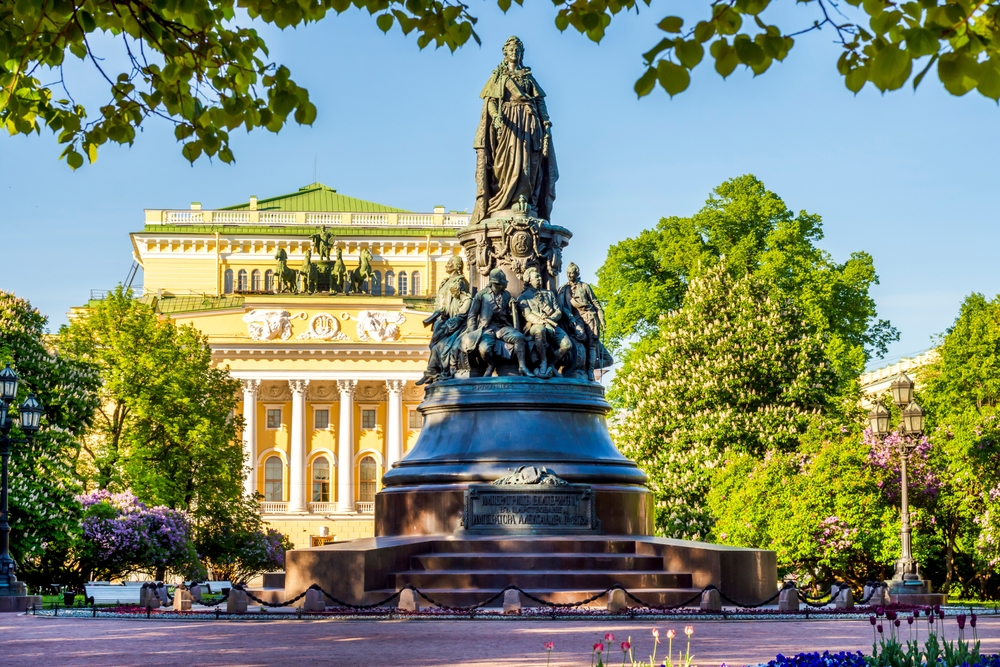
Catherine the Great’s reign over Russia was marked by expansion, modernization, and immense wealth. As empress, she annexed territories and consolidated power, increasing Russia’s influence and resources. Her wealth wasn’t just in land and resources; Catherine was known for her lavish spending on art, palaces, and cultural endeavors. Her enlightened policies promoted the arts and education, earning her a reputation as a patron of the Enlightenment.
The British Museum describes Catherine’s collection as an embodiment of her love for art and learning, with her acquisitions forming the basis of the Hermitage Museum. Her legacy includes not only territorial expansion but also significant cultural contributions that positioned Russia as a European powerhouse. Through her patronage, she fostered an environment where the arts and sciences flourished, impacting Russian society for generations. Catherine’s reign exemplifies the power of wealth to foster cultural and intellectual growth while expanding a nation’s borders.
8. Cornelius Vanderbilt

In the age of American industrialization, Cornelius Vanderbilt stood as a titan of transportation. Starting with steamships and later pivoting to railroads, Vanderbilt built a formidable empire that reshaped American infrastructure. His ventures in the railroad industry catapulted him to unprecedented wealth, making him one of the richest Americans of the 19th century. Known as the “Commodore,” Vanderbilt’s aggressive business tactics set the precedent for competition in the evolving industrial landscape.
Vanderbilt’s wealth was not just personal; it had a transformative impact on the U.S. economy. His investments in railroads revolutionized travel and trade, contributing to the nation’s westward expansion. Despite his ruthless business reputation, he donated to educational causes, founding Vanderbilt University. His story highlights the dynamic interplay between industrial innovation and personal ambition, and how both can drive economic progress.
9. Jakob Fugger
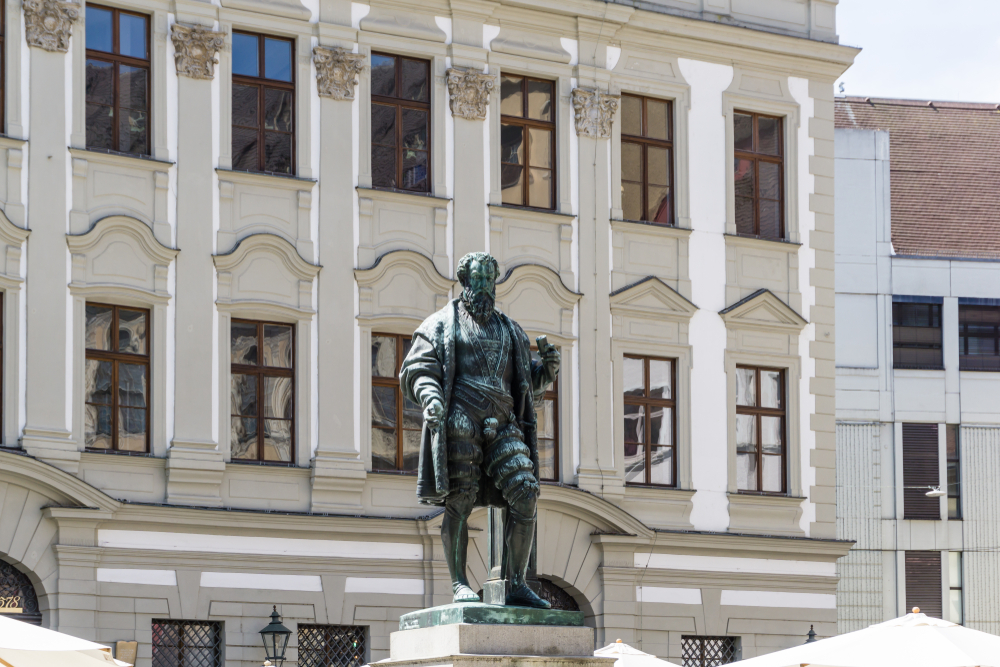
In the annals of European finance, Jakob Fugger earned the moniker “Jakob the Rich” for good reason. As a banker at the turn of the 16th century, Fugger wielded incredible influence over the Holy Roman Empire and beyond. He financed imperials, kings, and popes, effectively controlling Europe’s political and economic landscape. His wealth came from diverse investments in mining, trade, and banking, setting the stage for modern capitalism.
Fugger’s legacy lives on in the institutions he established, including the Fuggerei, the world’s oldest social housing complex still in use. His business practices laid the groundwork for contemporary banking systems, demonstrating the enduring power of financial acumen. Despite his immense wealth, Fugger is also remembered for his philanthropic efforts and contributions to social welfare. His life underscores the transformative potential of finance and its impact on society at large.
10. William the Conqueror

William the Conqueror’s ascension to the English throne in 1066 was a pivotal moment in medieval history, marked by immense wealth accumulation. As the Duke of Normandy, William claimed vast territories in England, significantly increasing his resources and influence. The Domesday Book, commissioned by William, documented his expansive holdings, offering a glimpse into the wealth he amassed. His conquest and the subsequent redistribution of land redefined England’s aristocracy, entrenching his legacy.
William’s rule illustrates the power dynamics of wealth and conquest in medieval Europe. Through strategic marriages and military dominance, he solidified his position and the wealth of his descendants. His impact on the English legal and social systems was profound, with effects that resonated for centuries. William’s story is a testament to how ambition, military prowess, and wealth can reshape a nation’s history.
This article is for informational purposes only and should not be construed as financial advice. Consult a financial professional before making investment or other financial decisions. The author and publisher make no warranties of any kind.








